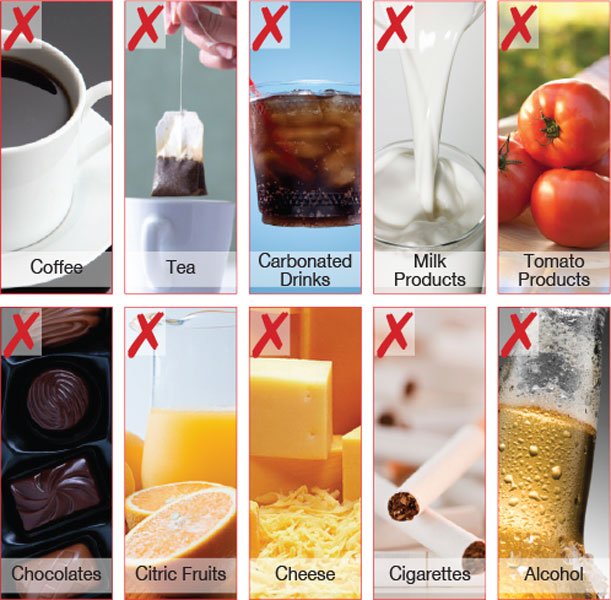Pruritus Ani
Pruritus Ani Facts
Itching and burning around the anal area is referred to as pruritus ani. This is a common condition that results in an urge to scratch around the skin of the anus. This can be a chronic condition, and the intensity of the itching can be quite bothersome. The specialists at Houston Colon offer treatment options and advice on how to manage this condition that can help you alleviate the discomfort associated with anal itching.

Causes
Pruritis ani is usually a symptom of an underlying condition such as hemorrhoids or anal fissures or also from excessive moisture in the anal area due to sweat or residual stool around the anal area. Residual stool can result from frequent bowel movements, incomplete evacuation, or a weak sphincter. Other causes may include fungal infection, allergic or contact dermatitis, warts, pinworms, and psoriasis. In rare cases, it may be associated with anal cancer.
It is essential to have a thorough evaluation by a surgeon at Houston Colon to ensure proper diagnosis and management of your condition.

Contributing Factors
Often this condition is made worse by the tendency to scratch the area excessively. It is also a common tendency to clean the area vigorously with soaps and chemicals as well as the overuse of scented wipes and pads. All of these measures serve to worsen the condition by damaging the skin and washing away protective natural oils.
Foods that are acidic and spicy, as well as carbonated or caffeinated beverages, may worsen the condition by irritating the anal area. Alcohol, especially beer and wine, and smoking are also well known to result in irritation.
What to Avoid
Avoid foods and beverages commonly known to irritate the area:
Often simple measures such as avoiding spicy foods and excessive cleaning of the area can help alleviate many of the bothersome itching and irritation. We will place you on a treatment designed to get you feeling better.
Cause of the Symptoms
Try to follow the above measures as strictly as possible during the period of treatment recommended by the surgeons at Houston Colon (usually 4 to 8 weeks). Eventually, one can usually resume regular activities and eating habits with only slight modifications, depending on the cause of the symptoms.
Management
In addition to the use of medications and specific measures instructed by your colon and rectal surgeon, it is essential to follow the criteria listed below to help relieve your symptoms:
Cleanliness
Keep the area clean and dry. The best way to clean the area is to gently apply water pressure from a showerhead or in the bath. Use warm water only and avoid any soaps or scrubs. Pat the area dry and apply a soft absorbent directly to the itchy area (such as cotton, a 4 x 4 gauze or cornstarch powder) to keep the area dry. Avoid all medicated, perfumed, and deodorant powders.
Hygiene
For hygiene, after a bowel movement, it is best to rinse with warm water and pat the area dry. If this is not possible, try to use wet tissue paper or a warm washcloth to blot the area clean. Avoid medicated or perfumed toilet paper and avoid rubbing or excessive wiping.
Itching
Try not to scratch the itchy area. Scratching produces more damage, which in turn makes the itching worse. For individuals that experience irresistible itching at night, applying the recommended creams may be helpful.
